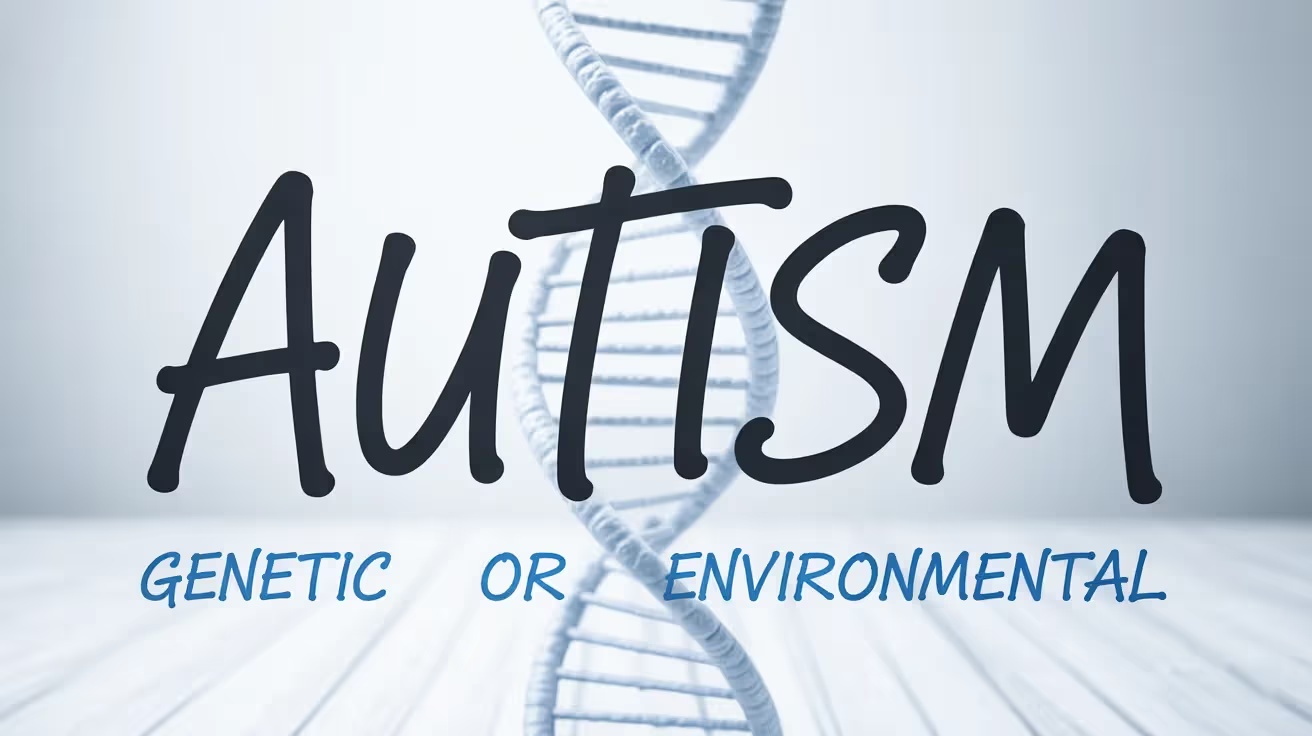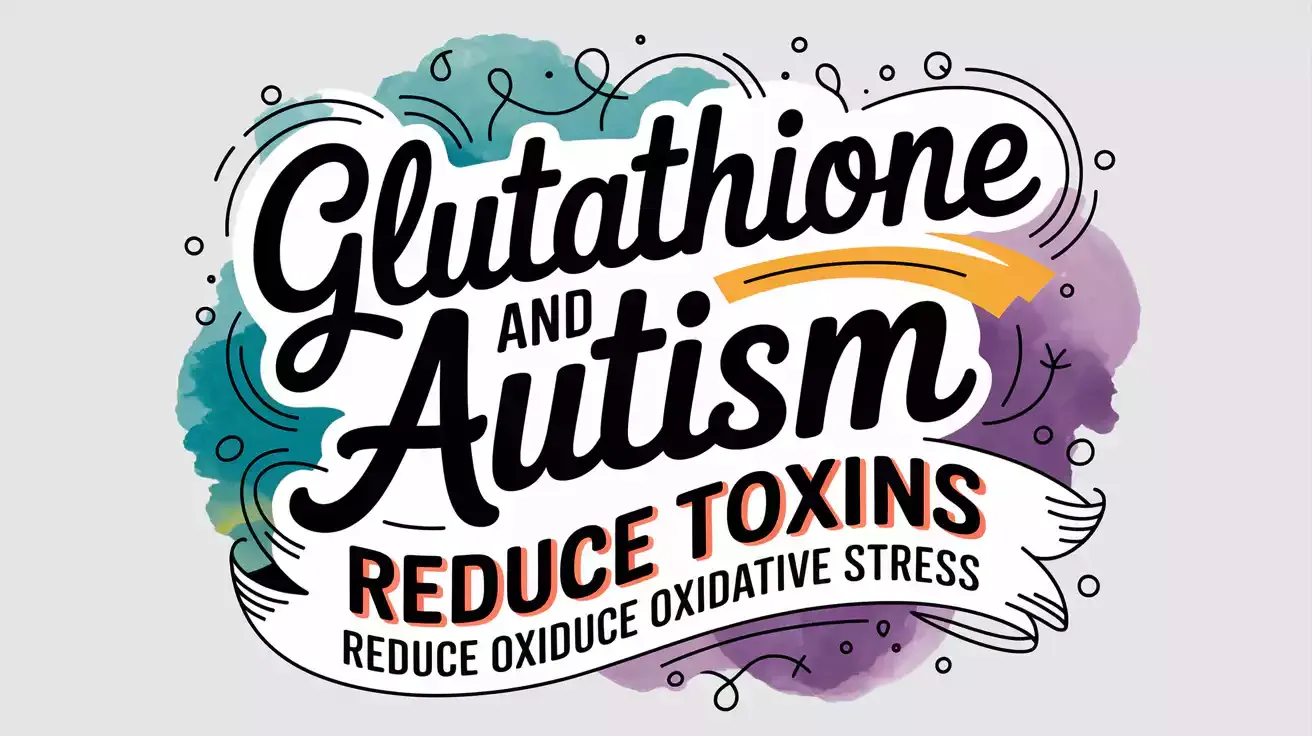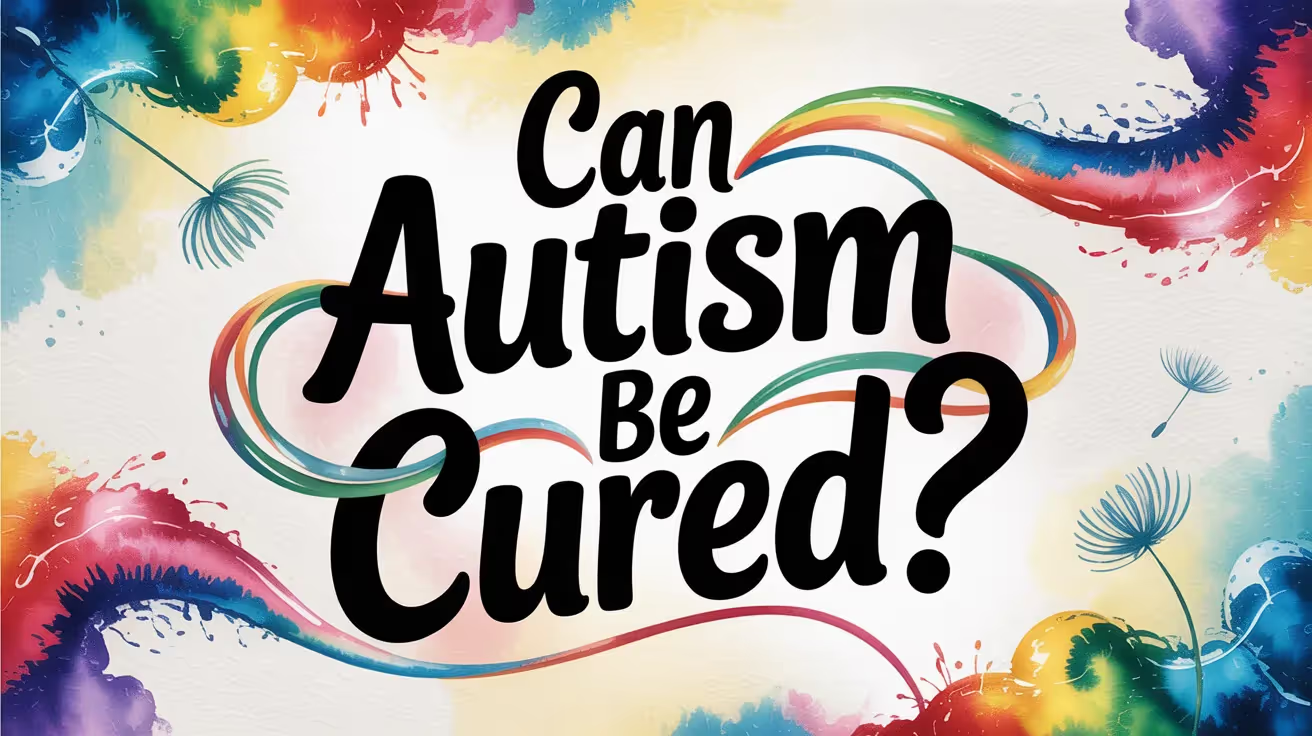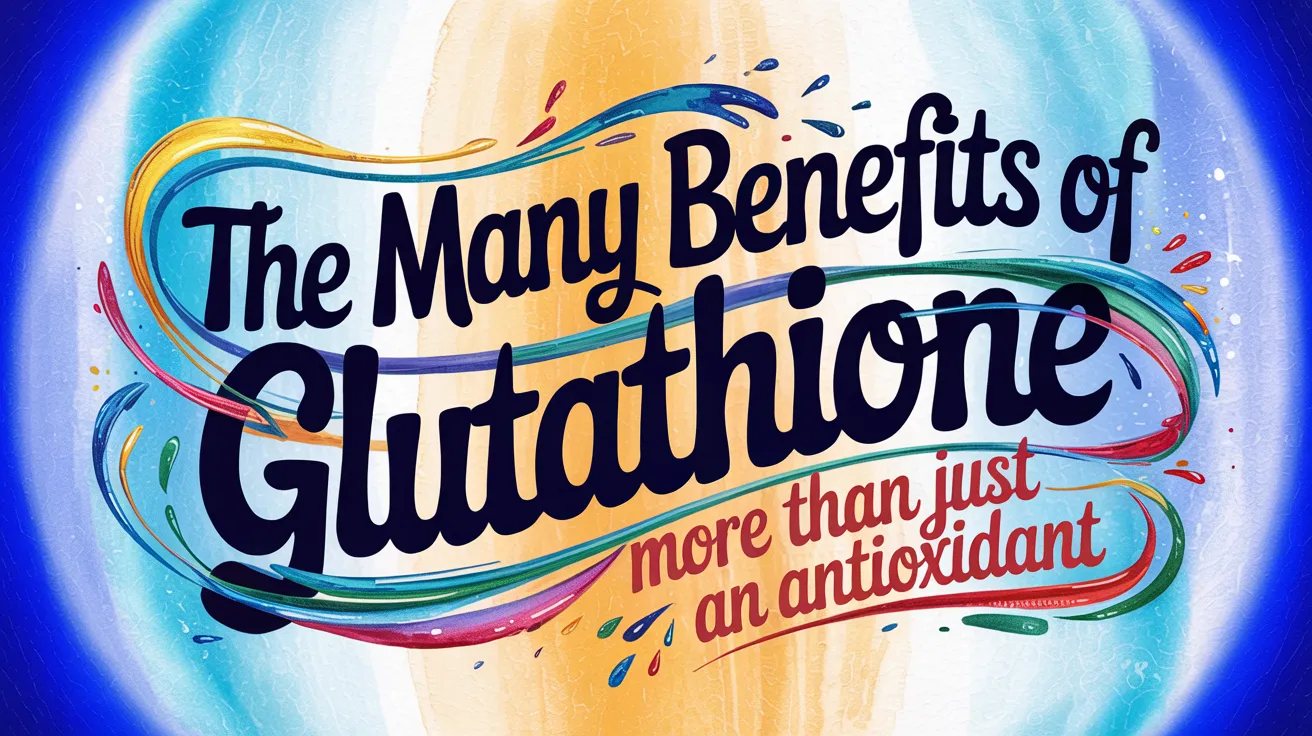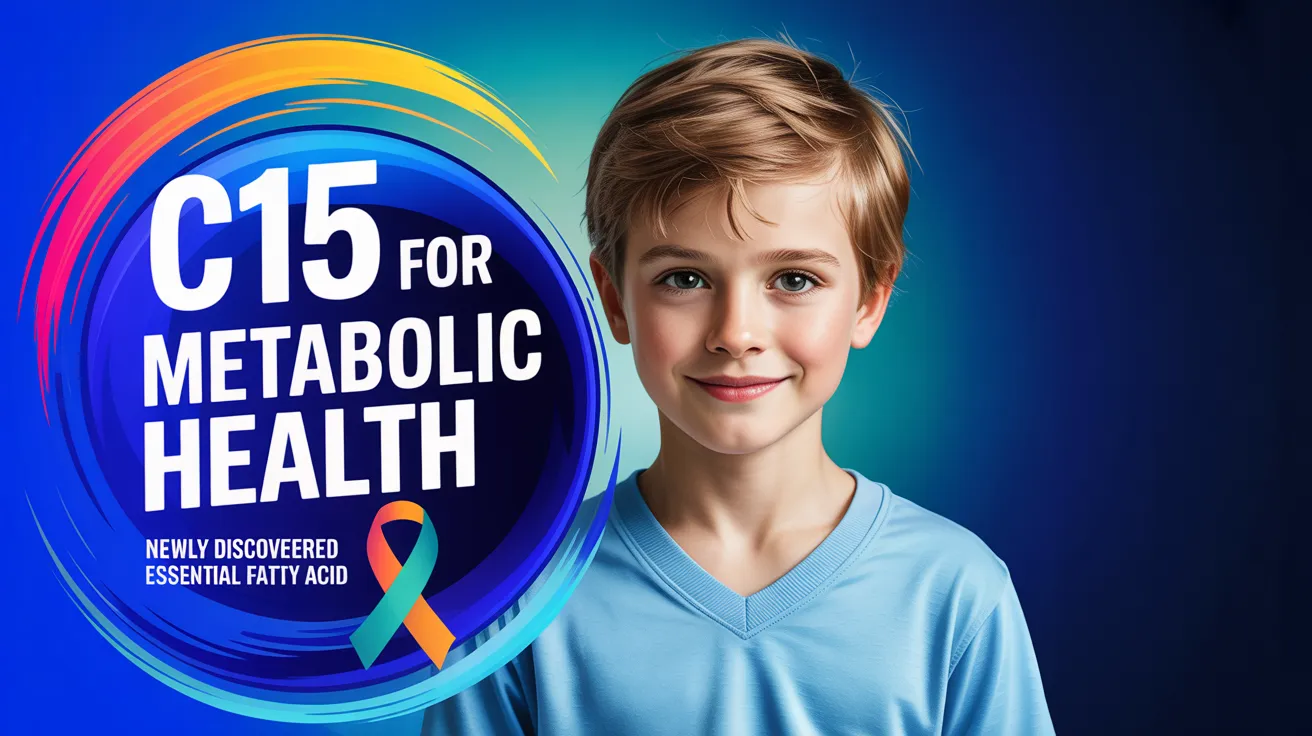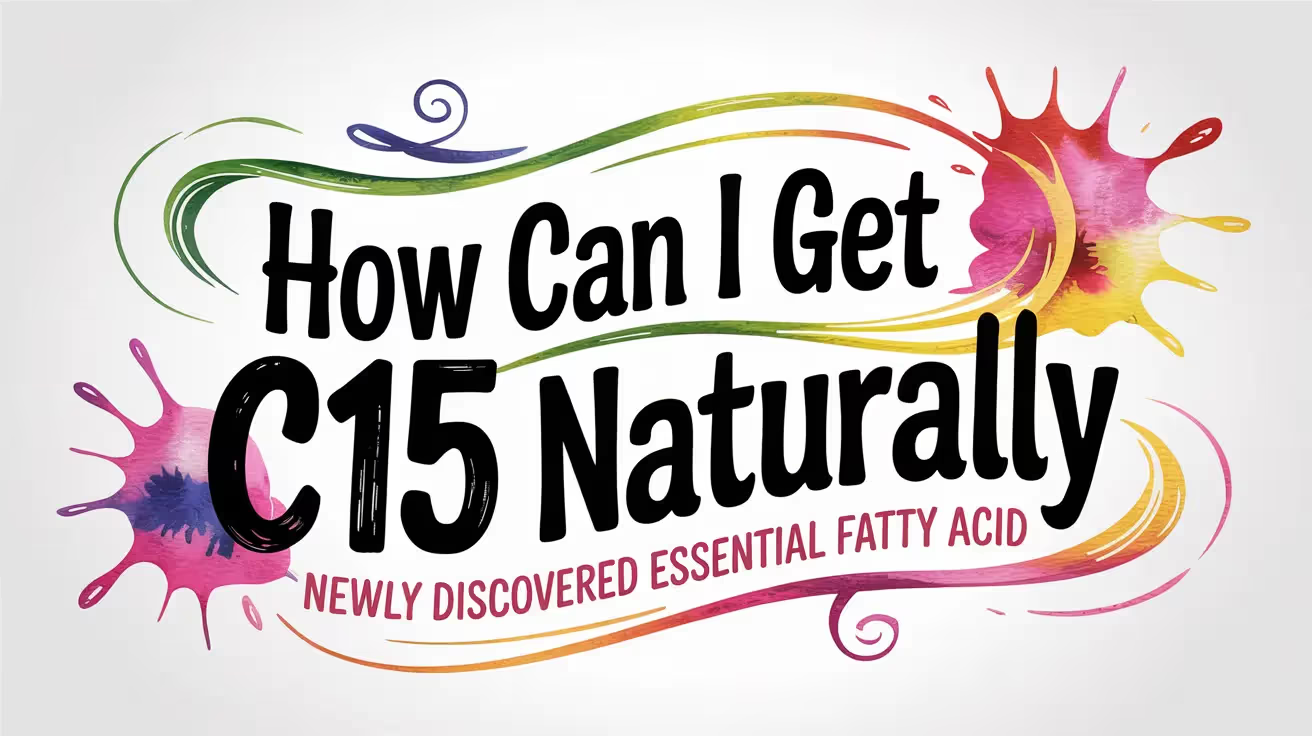If you're a parent, and you're wondering if autism is genetic, it's important to know what genes do and what things affect gene expression. Don't jump to conclusions that autism is genetic and there's nothing that you can do. Autism may tend to run in families, and siblings of children on the spectrum may be more likely to be diagnosed on the autism spectrum. However, this doesn't mean that autism is genetic. Siblings share the same food and environment as well.In the quest to understand the causes of autism, the debate often revolves around whether it is genetic or environmental. This blog post sheds light on this complex question, examining both aspects and their potential interplay in contributing to autism spectrum disorder (ASD).
Research has shown that genetics play a significant role in autism, with several genes identified as associated with ASD. However, genetics alone cannot fully explain the increasing prevalence of autism. Environmental factors, such as exposure to toxins, infections, and nutritional deficiencies during pregnancy, can also increase the risk of a child developing ASD.
This blog post emphasises that both genetic and environmental factors contribute to autism, creating a complex web of interactions that can lead to ASD. By understanding these factors, parents can make informed decisions about their child's health and potentially reduce the risk of autism. The article also highlights the importance of a supportive community where parents can learn and share their experiences as they navigate the challenges of raising a child with autism.
Although siblings of a child on the spectrum may be more likely to be also diagnosed on the autism spectrum, it's important to remember that genetics are not the only factors that siblings have in common. They also share their environment and lifestyle. While genetics play a role in autism, environmental factors cannot be ignored. It is crucial to consider both aspects when seeking to understand and support the well-being of a child with ASD. By fostering an encouraging and empathetic community, parents can work together to create a brighter future for their children and help them lead healthy, happy lives.
What Is Autism Spectrum Disorder?
ASD is a group of neurodevelopmental disorders that vary in severity and can affect communication, learning, behaviour and social interaction. People with ASD can experience a wide range of issues, including being extremely gifted and needing very high amounts of support in their daily functioning. Even a highly gifted person with autism will likely be seen as strange to many people because of their poor social skills and repetitive behaviours.
ASD is more likely to occur in boys than girls. Why do boys seem more likely to have ASD than girls? The answer is still unknown, but research indicates possible genetic differences as one explanation.
For further reading about autism spectrum disorder please read our post titled 'What is Autism?'.
What Causes Autism Spectrum Disorder?
Even if there's a specific cause of autism, it is currently unknown. I expect there isn't a single cause for autism symptoms. There are multiple factors affecting autism. Research and many experts suggest that it's caused by a combination of genetic, biological, and environmental factors.
If you're a loving parent looking for answers, it is understandable that you would want to understand what causes your loved one's autism so that you can better help them. Although the exact cause of autism is still unknown, research suggests that a number of factors may cause it, including genetic and environmental factors. It is possible that genetics may play a role in the development of ASD, although which specific gene or genes are responsible remains unknown. Multiple studies have indicated that some genes can influence the development of ASD and could predispose an individual to ASD.
Studies have found rare gene changes and small genetic variations in people with autism, suggesting a genetic component. Common genetic variants found in people with ASD include changes in the genes that control brain development. This includes those that regulate how brain cells communicate with each other. There are also genes that are involved in biological processes. For example, the MTHFR gene is involved in the metabolism of folate, a B vitamin that is important for brain development.
Some genetic factors have been found to be more common in children with autism, but they are not the only cause. A combination of environmental factors, toxins, lack of essential nutrients, and genetic mutations may interact to create an increased risk for ASD. Therefore, it is important to look at the various factors that may be involved in the development of autism.
What Role Do Genes Play In Autism?
We place too much emphasis on genes for disorders. We even often blame them for health challenges such as weight gain. We use genes as an excuse for these challenges so that we don't have to commit to overcoming them.
Autism is different from other genetic disorders because there is no one cause. There is also no known single gene that causes autism. However, there are some genes that may contribute to the likelihood of autism. We just need to be aware of these genes and work around any issues they may cause. Genes create proteins in our cells, but when they don't function optimally, it can lead to problems for our autistic children. In this case, sometimes we need additional proteins and nutrients to help counteract the impact of the gene issue on our children's health.
There are many genes that have been studied and thought to be involved with autism. This would be a boring article if I were to go through them all. The purpose of this blog is to help parents with actionable steps to help their child with autism. Knowing which genes may be affecting your child only helps if you have a way to compensate for the miss-formed protein from the gene variation.
If you would like to get into the weeds of genes associated with autism, you may look into these genes - ARID1B, ASH1L, CHD2, CHD8, DYRK1A, POGZ, SHANK3, and SYNGAP1. Searching for these on Medline may provide you with more insight.
For children with autism, I like to look at the MTHFR gene. Having variations with this gene can affect children with autism. This gene is involved with turning folate into its active form. Pregnant mothers are encouraged to take folate supplements during pregnancy to help the brain and nerve development of their children.
Unfortunately, many of the common supplements have folic acid. Folic acid doesn't convert efficiently to the active form of folate for people with MTHFR variations. To make matters worse, folic acid takes up spots on the cells receptors, leaving fewer receptors for better forms of folate. Knowing that your child has MTHFR variations means that parents can provide better forms of folate such as folinic acid and methyl folate.
Many children on the autism spectrum have poor methylation. Providing methyl folate under doctors supervision can help children on the spectrum. Doctors can easily test and diagnose methylations issues, then monitor the effects of methyl folate supplementation.
For a deeper dive into the genes linked to autism, you may read more about genetic testing and autism here.
Epigenetics And The Environment
Epigenetics is the study of how environmental factors can influence gene expression. It is believed that epigenetic changes can cause genes to be expressed differently, which may lead to autism.
Epigenetic affects how genes are expressed, and environmental factors can influence gene expression as well. This means that a person’s genetics won’t necessarily lead to an autism diagnosis, but environmental risk factors could trigger an expression of those genes.
Epigenetic changes can be caused by a few different mechanisms, such as alterations in DNA methylation. Methylation is the process of adding a methyl (CH3) group to DNA, which can alter gene expression without actually changing its sequence. There's strong evidence that methylation levels are different in people with and without autism. These studies suggest that epigenetic changes may affect autism.
Environmental factors such as toxins, lack of essential nutrients, and stress can all contribute to epigenetic changes. For example, exposure to certain chemicals or pollutants has been linked to an increased risk of autism. Additionally, a lack of essential nutrients such as folate and zinc can also lead to epigenetic changes.
Emotional stress can be another environmental factor that can impact genetic expression. Studies have shown that when a person is in a long-term state of emotional distress, the body produces hormones that can cause autism-related epigenetic changes. This does not necessarily mean that parents need to keep their emotions checked, but rather that they should address certain feelings or experiences. In other words, parents need to look after themselves to improve the epigenetic expression in themselves and their children.
Even though environment, lifestyle, and emotions can play a part in the expression of autism, we also have the power to affect our epigenetics. Taking proactive steps, such as physical exercise or mindful activities, avoiding toxic chemicals, reducing stress, and consuming nutrient-rich foods can all help reduce the risk of developing autism. Even if you already have a genetic predisposition for autism, these preventative measures may still be beneficial.
For ways to help your child with autism improve their health at home, please read our post with 4 natural ways to heal autism at home.
Frequently Asked Questions
Is autism primarily influenced by genetics or environmental factors?
Autism Spectrum Disorder (ASD) is influenced by a combination of genetic and environmental factors. Research shows that genetics play a significant role, with many genes involved that affect brain development. However, environmental factors—such as prenatal exposure to certain substances, maternal health, and environmental toxins—can also increase the risk or influence the severity of autism. It’s important to understand that no single cause has been identified, but rather a complex interplay between these factors contributes to autism. If you're curious about risk factors specific to your situation, consulting with a healthcare professional can provide personalized insights.
How do genetic factors contribute to autism, and are there any specific genes involved?
Genetic factors contribute to autism through variations and mutations in multiple genes that influence brain development and neural connectivity. Research has identified several genes associated with autism, such as CHD8, NRXN1, and SHANK3. These genes are involved in synapse formation, neural signaling, and brain structure development. It’s important to note that these genetic variations can be inherited or occur spontaneously (de novo mutations). Advances in genetic testing and research are continually improving our understanding of the genetic basis of autism, though no single gene causes autism on its own—it's a combination of many genetic factors.
Can environmental factors alone cause autism?
While environmental factors can influence the likelihood or severity of autism, current scientific consensus indicates that they do not cause autism by themselves. Instead, environmental factors are believed to interact with genetic predispositions, potentially increasing the risk in individuals who are genetically susceptible. Examples of environmental factors studied include maternal infections during pregnancy, exposure to certain chemicals or pollutants, and prenatal stress. However, having such exposures does not mean a child will develop autism; it simply might contribute to risk when combined with genetic factors. Ongoing research aims to clarify these interactions.
Are there any recent advancements in understanding the genetic vs. environmental causes of autism?
Yes, recent advancements have significantly deepened our understanding of the complex causes of autism. Techniques like whole-genome sequencing and large-scale genetic studies have identified numerous genetic variants associated with ASD. At the same time, epidemiological research has shed light on how environmental exposures during pregnancy—such as pollution, medication, and maternal health—may interact with genetics. A notable development is the recognition of gene-environment interactions, illustrating that neither factor acts alone but together influences autism risk. These discoveries are paving the way for more personalized approaches to diagnosis, intervention, and possibly prevention in the future.
What should I know as a parent about the possibility of genetic versus environmental influences on my child's autism?
As a parent, it’s helpful to understand that autism results from a complex mix of genetic and environmental factors. While you cannot change genetic predispositions, being aware of environmental risks—like avoiding harmful substances during pregnancy—can be beneficial. Some steps include maintaining good maternal health, avoiding certain medications or chemicals during pregnancy, and seeking early medical advice if you notice developmental concerns. Advances in genetic testing might also provide insights into specific cases, but it’s best to discuss these options with healthcare professionals. Remember, early intervention and supportive therapies can greatly improve outcomes regardless of the cause.


